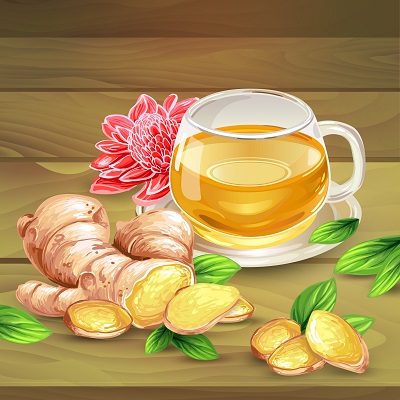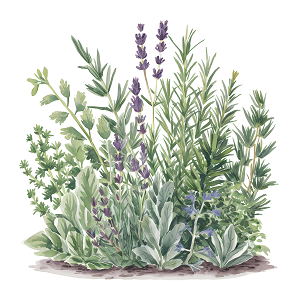 There is a misconception that inflammation is something only people with muscle and joint injuries face. The truth is, you can have minor inflammation and resulting pain from changing your workout routine, adding strength training, or simply from being sick with a bad cold or flu. Inflammation is also common during pregnancy as well.
There is a misconception that inflammation is something only people with muscle and joint injuries face. The truth is, you can have minor inflammation and resulting pain from changing your workout routine, adding strength training, or simply from being sick with a bad cold or flu. Inflammation is also common during pregnancy as well.
You may be wondering what you can do for inflammation that is natural and effective. Here are some herbs that can help and how you can prepare them for use.
Turmeric
Turmeric is an herb that is readily available in powder forms at most grocery stores in the spice isle. You may feel that this herb is simply for cooking, but it can help reduce inflammation caused by fibromyalgia, over exertion, and joint or muscle issues.
The easiest way to use the turmeric herb is to cook it with water until a paste is formed. Once the paste is formed, you can use a quarter of a teaspoon mixed with a cup of warm milk. This is referred to as golden milk or golden tea. If you prefer, you can use a vanilla flavored nut milk such as soy or almond. If the taste is still too bitter, consider taking the herb in capsule form.
Cloves
Cloves is commonly used in an essential oil form or crushed. The herb clove is used to reduce inflammation topically and orally. In most cases, it is used to help with inflammation in the gums or around sore teeth. The oil must be reapplied every few hours, but it can greatly reduce the pain caused by swelling and can help disinfect the area as well.
Clove oil can sometimes burn too much for most users. If this is the case, keep a bottle of carrier oil to use with it. Carrier oils are either almond oil, olive oil, or coconut oil. These will help deliver the oil without the full burn.
Ginger
Stomach upset and pain can cause inflammation throughout your throat, stomach lining, and even your intestines. This can be a bit much for most over the counter medications to soothe. In fact, most cover only one or some but not all of those areas. Ginger can help with all of those areas when used in a tea or capsule form.
To use in a tea, cut and peel off a finger off ginger for a full gallon of tea or a small sliver for a small cup of tea. Steep the ginger root in hot water for four to five minutes. Take out the ginger root and drink the tea. It will help settle your stomach and help reduce inflammation as it moves through your system and out of your body. If you need help with only your stomach, you can opt to take ginger root tablets or capsules as well.
These are only three of the herbs that can help with inflammation. They are also the easiest to obtain, use, and store. For these reasons, they should be part of your natural medicine arsenal.
